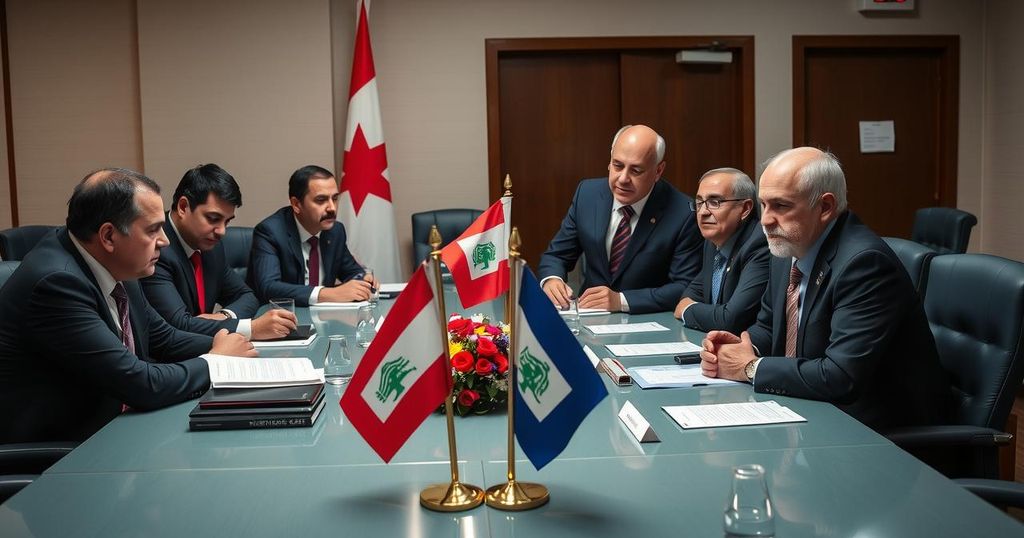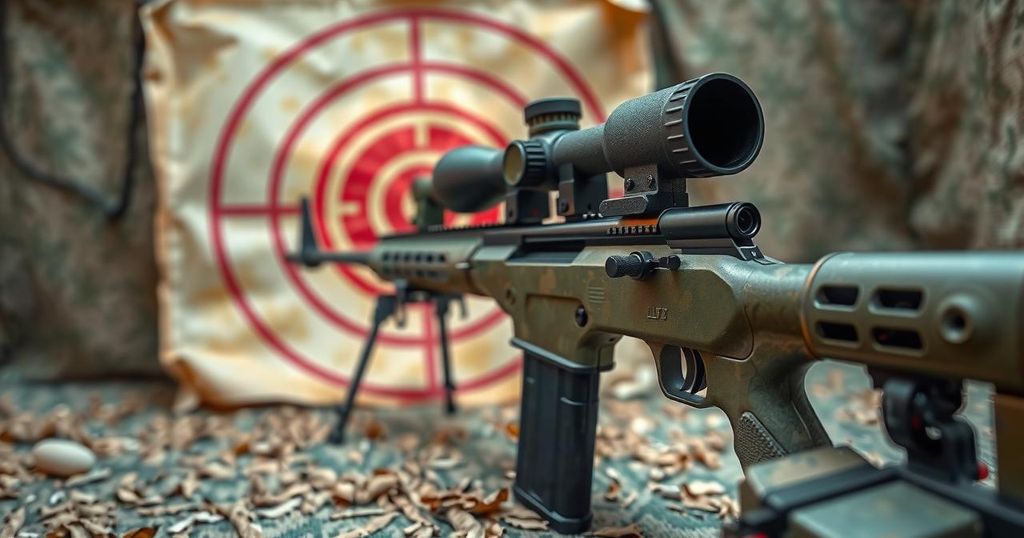Lebanese Political Leaders Seek Consensus for New Presidential Election
Lebanon’s political leaders are engaged in discussions to elect a new president ahead of a parliamentary session, with Army chief Joseph Aoun as the leading candidate. The nation has been without a president for over two years due to political divisions, particularly between Hezbollah and its opponents. External diplomatic pressure mounts to reach a consensus candidate, highlighting the urgency for reforms amid a dire economic situation.
On Wednesday, Lebanese political leaders convened to discuss a potential new presidential candidate ahead of a parliamentary session scheduled for the following day. With the country enduring more than two years without a president and facing severe economic challenges, the selection process remains fraught with internal division. Army chief Joseph Aoun is currently viewed as the leading candidate, particularly for his role in military operations in southern Lebanon under a recent ceasefire agreement between Israel and Hezbollah. However, consensus is elusive, as not all political factions are inclined to support his nomination. The political landscape is marked by a history of divided allegiances, particularly between Hezbollah and its rivals. External pressures have intensified, with significant engagement from international diplomats aiming to refocus Lebanon’s political dynamics following the recent conflicts that have lessened Hezbollah’s standing. The implication of the current discussions extends beyond the immediate election; a stable presidency is seen as crucial to initiating the reforms necessary to address the ongoing financial crisis.
Lebanon’s political structure is characterized by a delicate balance among its various religious and political factions, with the presidency traditionally held by a Maronite Christian. Since the last president’s term ended in October 2022, the nation has been in a power vacuum, compounded by crippling economic strife which began in 2019. The dynamics within Lebanon’s leadership were further complicated by the recent war, which has weakened Hezbollah, a significant player in the political landscape. The ongoing discussions reflect a need for a collaborative approach among political factions to achieve a consensus candidate amidst external pressures from international allies, such as France, the United States, and Saudi Arabia. Resolving these issues is crucial to restoring stability in Lebanon, where a thriving democratic process is vital for progress.
In conclusion, Lebanon stands at a pivotal moment as leaders negotiate the possibility of electing a new president amidst ongoing challenges. The candidacy of Army chief Joseph Aoun has emerged as a focal point for discussions, yet the path to consensus remains obstructed by political rivalries and historical divides. As external actors advocate for a resolution, the outcome of the parliamentary session could significantly influence Lebanon’s ability to implement much-needed reforms and address its deepening crises.
Original Source: www.barrons.com




Post Comment